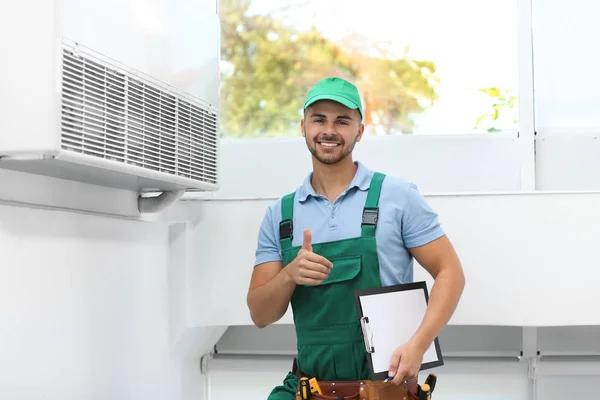
In the quest for optimal HVAC performance, homeowners often focus on the efficiency of their cooling systems. However, a crucial factor that significantly influences the efficiency of your air conditioning is often overlooked – insulation. This blog post delves into the transformative effect of upgrading your insulation, shedding light on how this investment can boost the efficiency of your AC system and contribute to a more comfortable and cost-effective indoor environment.
The Overlooked Influence of Insulation on AC Efficiency
Insulation plays a pivotal role in maintaining the desired indoor temperature by preventing the exchange of heat between your home and the external environment. While often associated with winter warmth, its impact on AC efficiency during the scorching summer months is equally crucial.
Understanding Heat Transfer and Insulation
Effective insulation acts as a barrier against heat transfer, impeding the movement of heat into or out of your home. During the summer, insulation keeps the cool air generated by your AC system inside, reducing the workload on the unit and promoting energy efficiency.
Reducing Heat Infiltration
Upgrading your insulation minimizes heat infiltration from the outdoors. This is particularly vital in regions with high temperatures, as it prevents the outdoor heat from penetrating your home and counteracting the cooling efforts of your AC system.
Preserving Indoor Coolness
Well-insulated homes maintain a more stable indoor temperature. This means your AC system doesn’t have to work as hard to compensate for fluctuating temperatures, resulting in consistent comfort and lower energy consumption.
Avoiding Energy Waste
Inadequate insulation can lead to energy waste as the cool air generated by your AC system escapes, forcing the unit to continuously cycle to maintain the desired temperature. Upgrading insulation prevents this waste, allowing your system to operate more efficiently.
Optimizing AC Performance
A well-insulated home optimizes the performance of your AC system. It ensures that the cool air produced is distributed evenly and retained within the living space, preventing energy losses associated with inefficient insulation.
Choosing the Right Insulation Material
The choice of insulation material matters. Consider factors such as R-value (thermal resistance), durability, and suitability for your climate. Common insulation materials include fiberglass, cellulose, foam board, and spray foam, each with its unique set of benefits.
Attic Insulation: A Crucial Focus Area
Attic spaces are particularly susceptible to heat transfer, making attic insulation a priority. Adequate insulation in the attic prevents heat from seeping into your home and minimizes the strain on your AC system.
Balancing Insulation and Ventilation
While insulation is essential for maintaining a comfortable temperature, it should be balanced with proper ventilation. Ensuring a well-ventilated home prevents moisture buildup, which can compromise insulation effectiveness.
Professional Assessment and Installation
To ensure the most effective insulation upgrade, consider a professional assessment. HVAC technicians can evaluate your home’s specific needs, recommend the appropriate insulation upgrades, and ensure proper installation for maximum efficiency.
Conclusion
Upgrading your insulation is a proactive step toward optimizing your AC system’s efficiency and enhancing overall home comfort. By creating a thermal barrier that keeps the cool air in and the external heat out, you not only reduce energy consumption but also contribute to a more sustainable and cost-effective indoor climate. Make insulation a priority, and you’ll reap the rewards of improved HVAC efficiency and enhanced comfort.